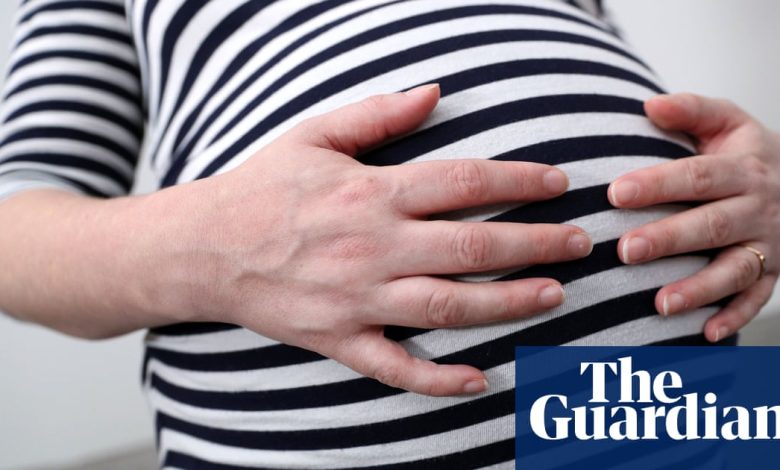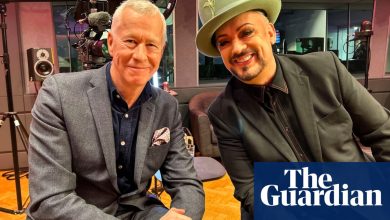‘Doing it with no partner is easier’: the single women using fertility treatments | IVF

[ad_1]
iCovid gave Amy, 45, the final push to undergo infertility treatment herself. “I thought about it for a while and then with Covid I thought, ‘I’m never going to meet anyone.’ And I really didn’t want to be that woman who goes, ‘Hey, we were on an internet date. Let’s have a baby!”
Amy lucked out with her first embryo transfer and is now a mother of a three-year-old. “I feel very blessed,” she said.
Passing through IVF as a single woman she was simpler than she feared. “I think doing it without a partner is probably a little bit easier. There was no one to take the hormones out of or anything like that. I just started injecting myself in the stomach,” she said.
“In contrast, I’d say probably half the people I know who have gone through IVF have broken up afterwards.”
When her daughter was a baby, Amy occasionally worried about the possible consequences of her choices. “I was worried if he would mind not having a father,” she said. “But now I think it’s good not to get into a relationship that might not work just for that reason.”
Amy even felt liberated by her ability to tell people that she did it herself. “People were asking, ‘Did he leave you – did you leave him?’ and it was nice to be able to say, ‘No, I did it myself!’
According to data published by the Human Fertilization and Embryology Authority on Tuesdaythe number of single women in the UK undergoing infertility treatment has more than tripled in the last decade.
There were 4,800 single women who had in vitro fertilization (IVF) or donor insemination treatment in 2022, a 243% increase from the 1,400 single women who had infertility treatment in 2012. The number of women in same-sex couples undergoing infertility treatment has also more than doubled.
Being gay made the choice easier for him Emma Brockswho was in a “weak relationship” with her partner, who agreed that they should not have children together. Now 48 and the mother of twin nine-year-old girls, Brocks is “thrilled” that more single women are undergoing infertility treatment.
“I’m glad it’s becoming more common because I think the biggest inhibition is shame and that feeling of being second best, and I think not doing something for that reason is almost always the wrong choice.” , she said.
Brocks, a Guardian columnist based in New York, said the decision to undergo infertility treatment was easier for lesbians. “We’re always going to need help anyway, so it’s not like it feels unnatural,” she said — although going through the process alone, she admitted, isn’t for everyone.
“I was fine with it,” she said. “I had a lot of people who would come with me to all my dates, but I wanted to do it alone. It just depends where you are on the sentimentality spectrum, and this helped me do it myself.
after the promotion of the newsletter
Jennifer, 45, gave herself another year before making up her mind.
“I want a husband and a family, but I left it a little late due to work and moving to another country,” she said. “Dating at this age is almost impossible and I had breast cancer last year which focused my mind on what I really want.”
Jennifer got her master’s degree two years ago so she could switch careers to something higher paying. “If I’m going to do this on my own, I have to be able to afford not only the treatment, but being a single mom,” she said.
The decision, she said, isn’t exactly empowering. “I would say it’s liberating,” she said. “I’m grateful for the societal and scientific advances that give single women the freedom to have children through IVF, but it’s not empowering because I’d rather be doing that with the love of my life.”
For Helen, a 40-year-old civil servant in Scotland, doing IVF on her own was exhausting. “For the past year, I’ve been doing IVF to try to have a baby on my own after experiencing domestic violence,” she said. “I wanted a second child and decided I’d rather do it alone than get into a relationship or take the risk of being a parent with someone.
“Unfortunately, the treatment failed and now I cannot afford to pay for further treatment or continue to go through the emotional strain of infertility treatment alone. I wish I had realized when I was 30 that my reproductive choices would have been much better if I had frozen my eggs at that age. More women need to be aware that being able to do IVF alone does not mean it will work.
[ad_2]




